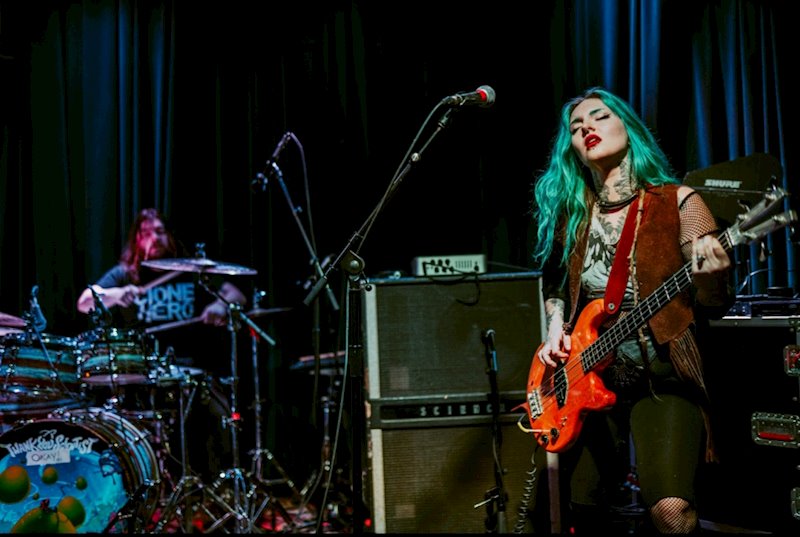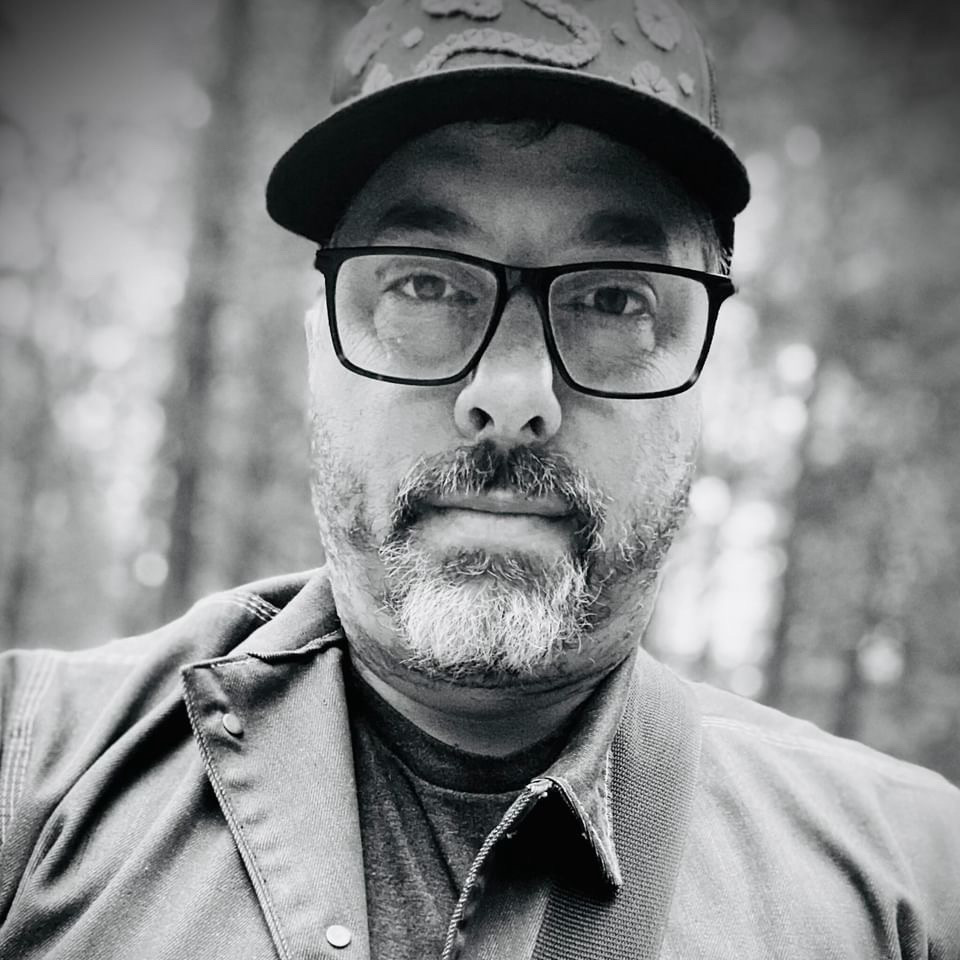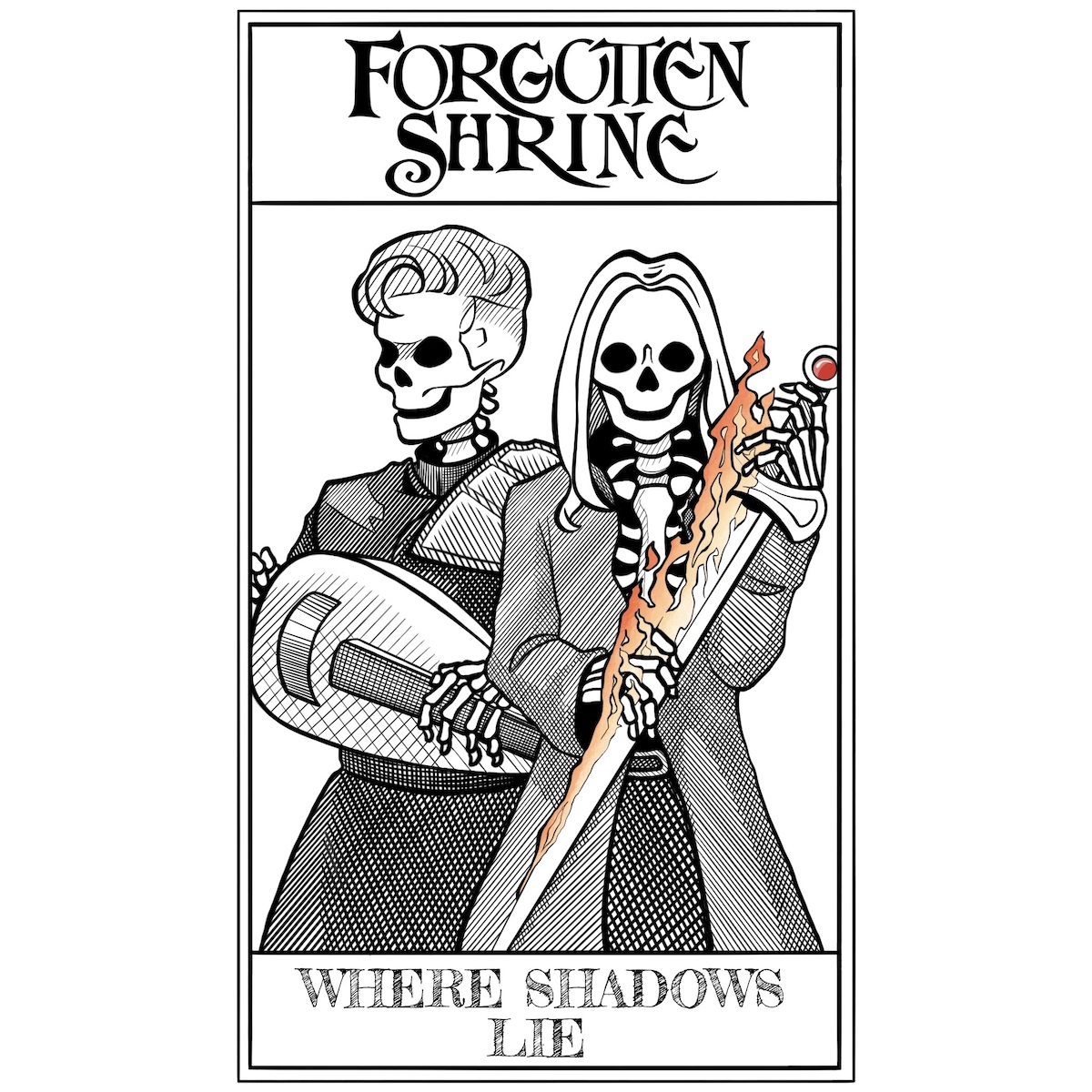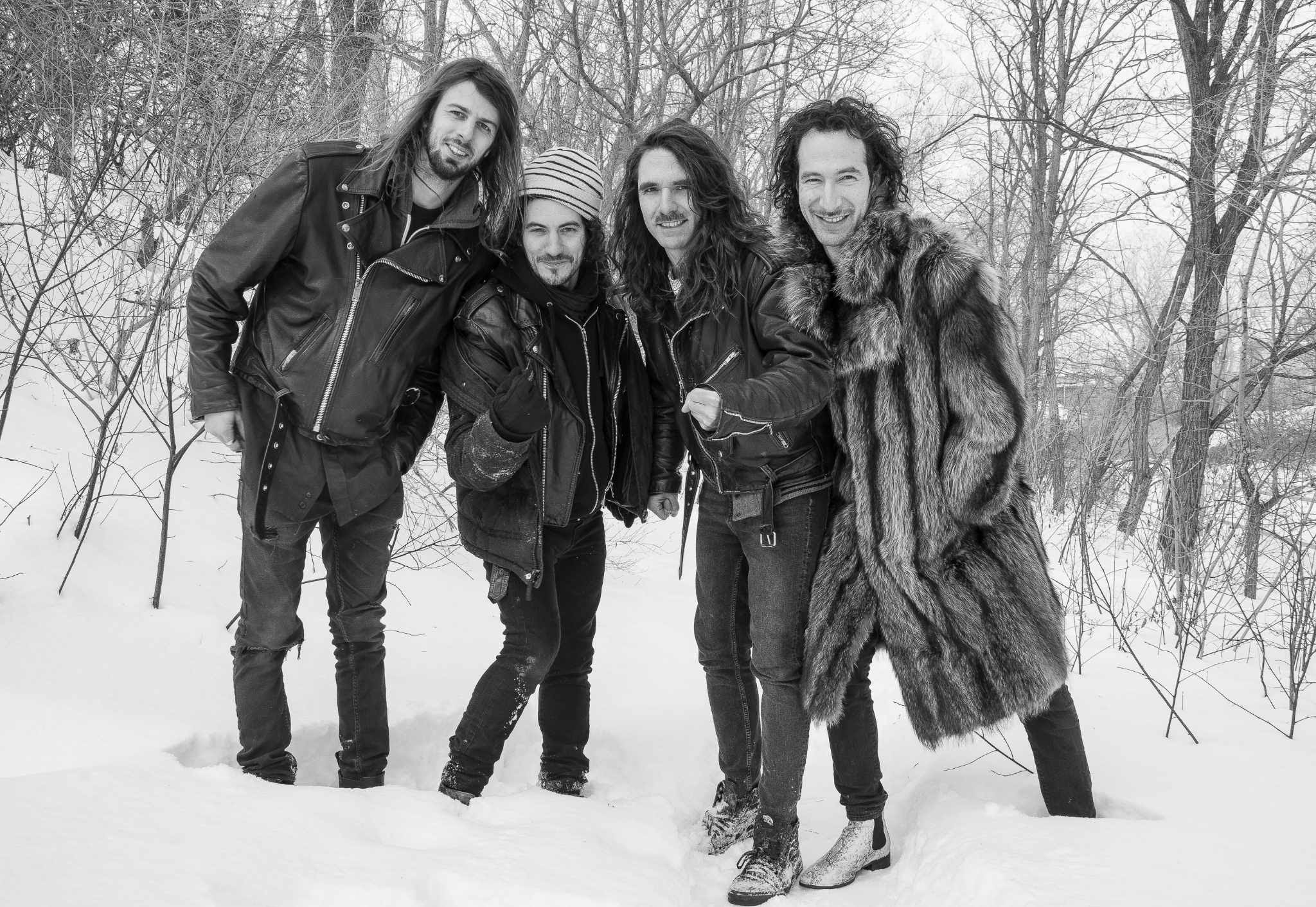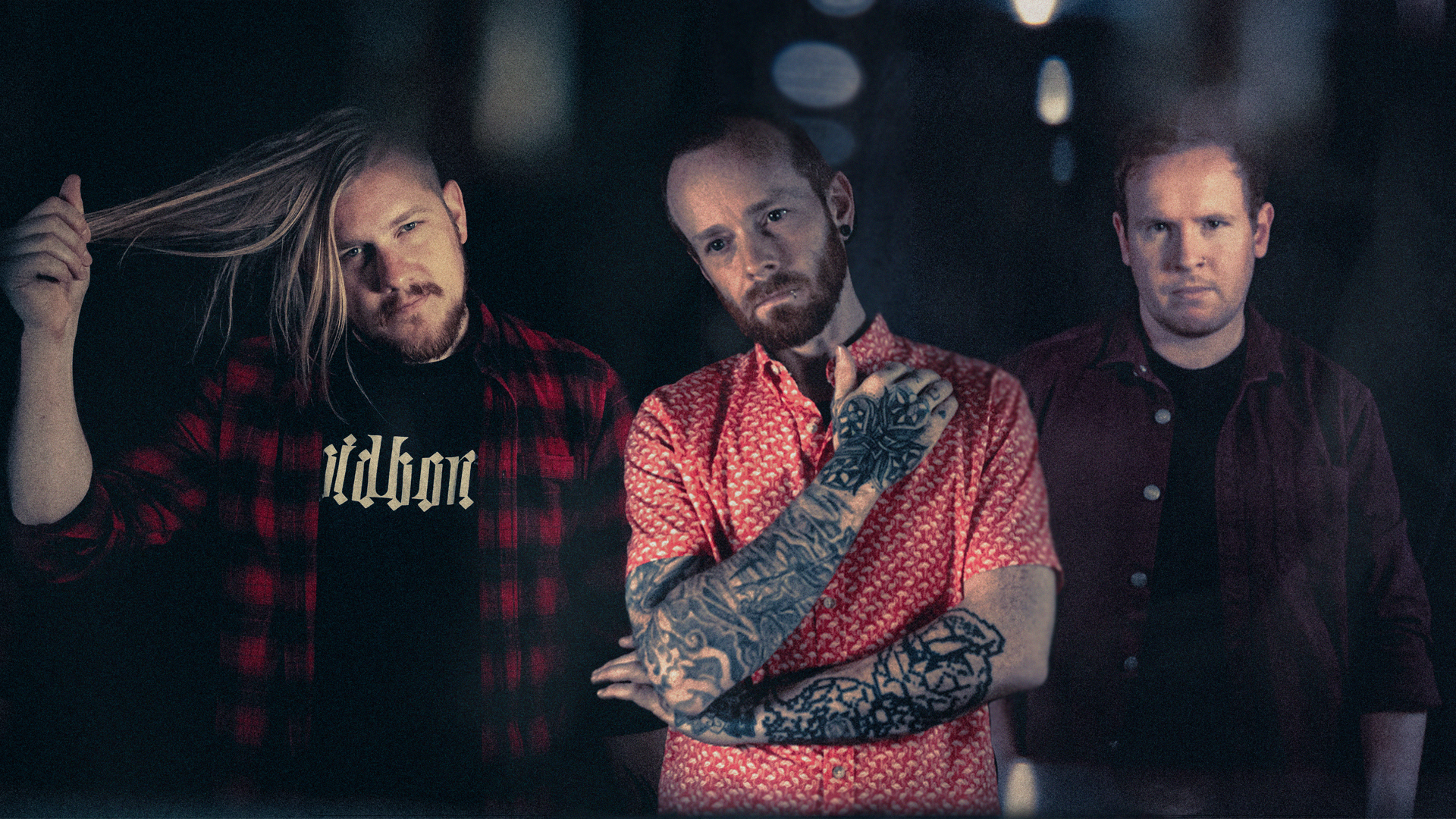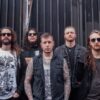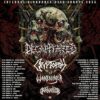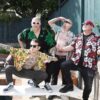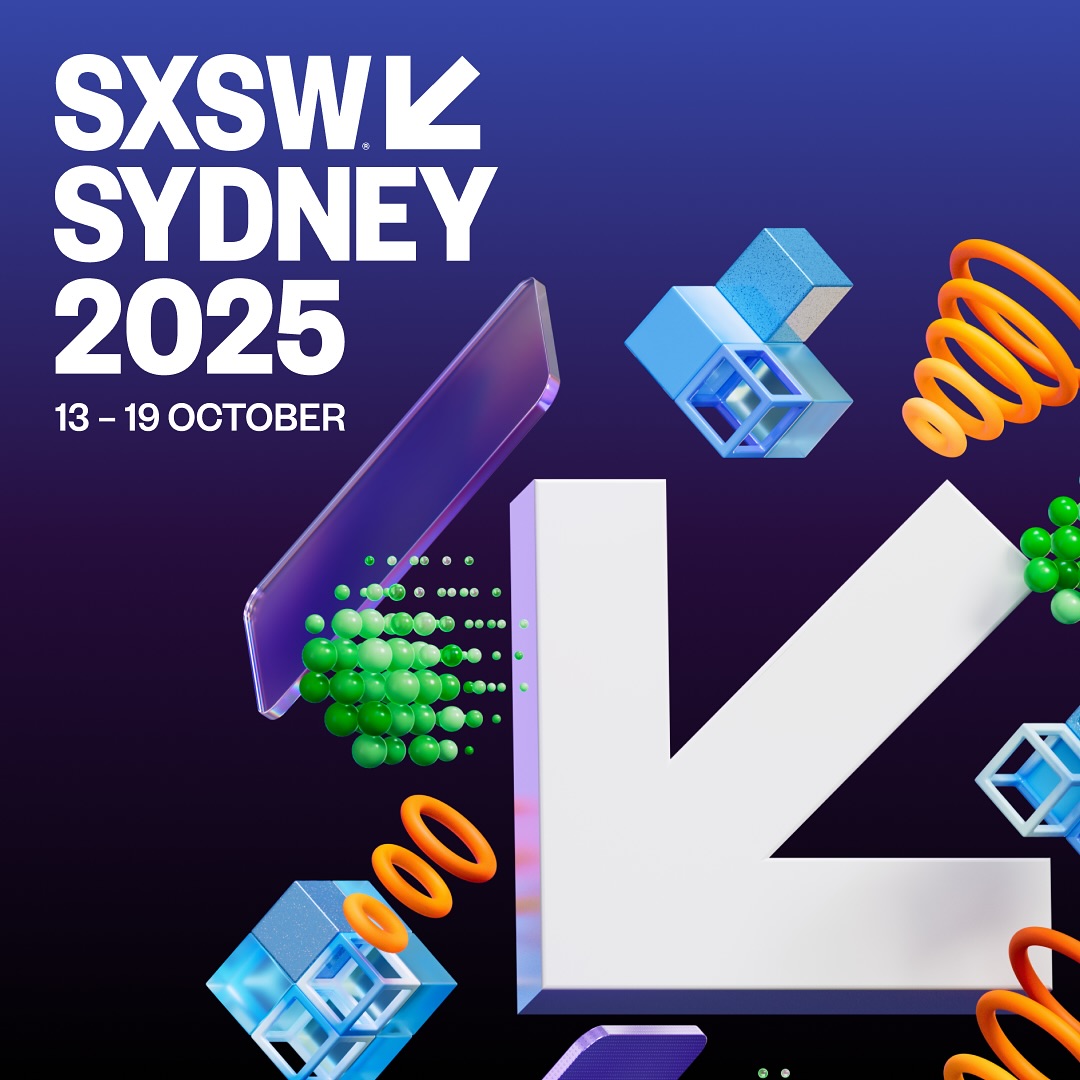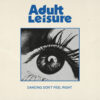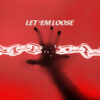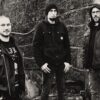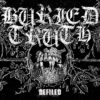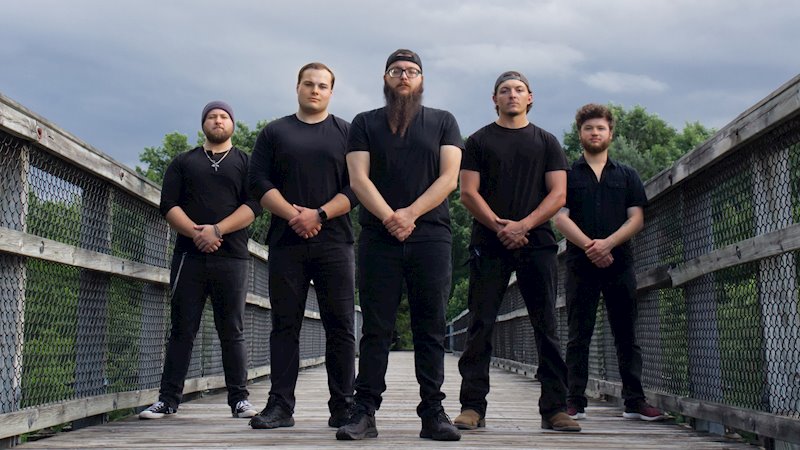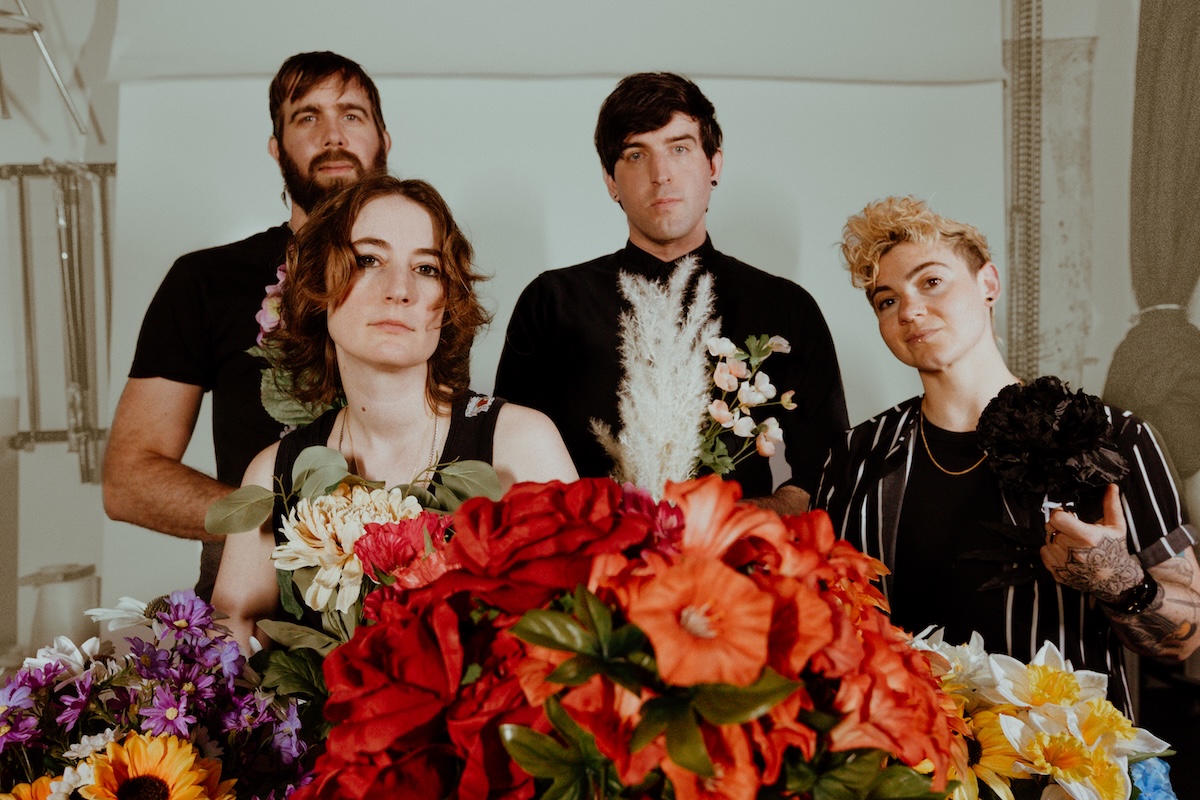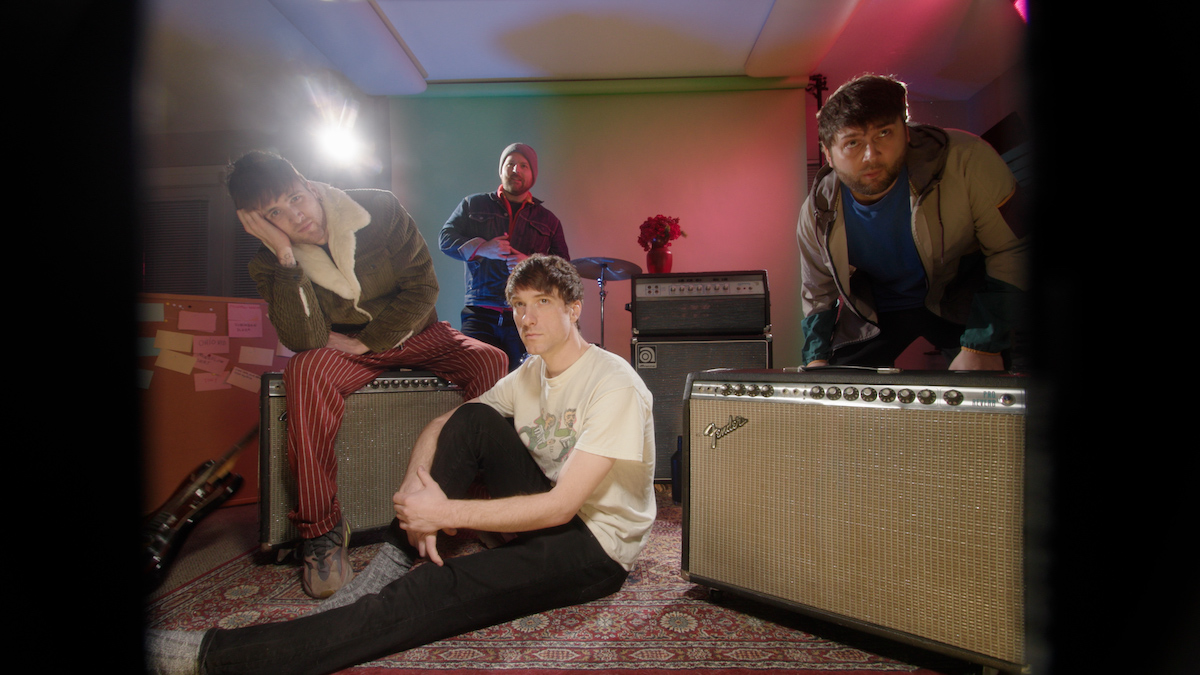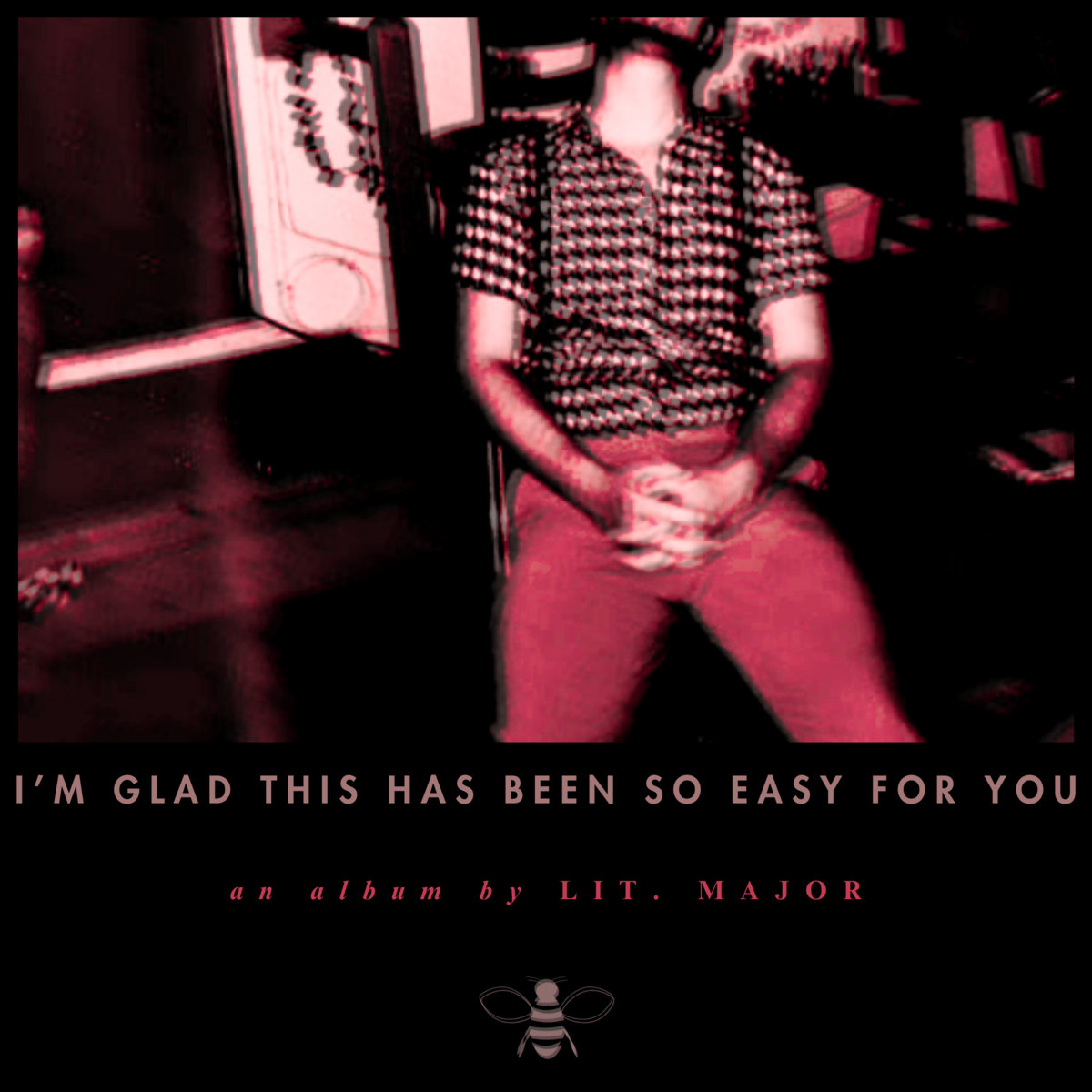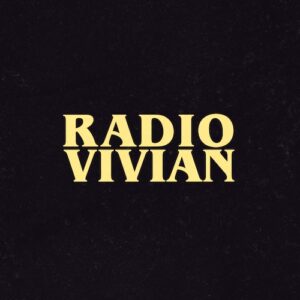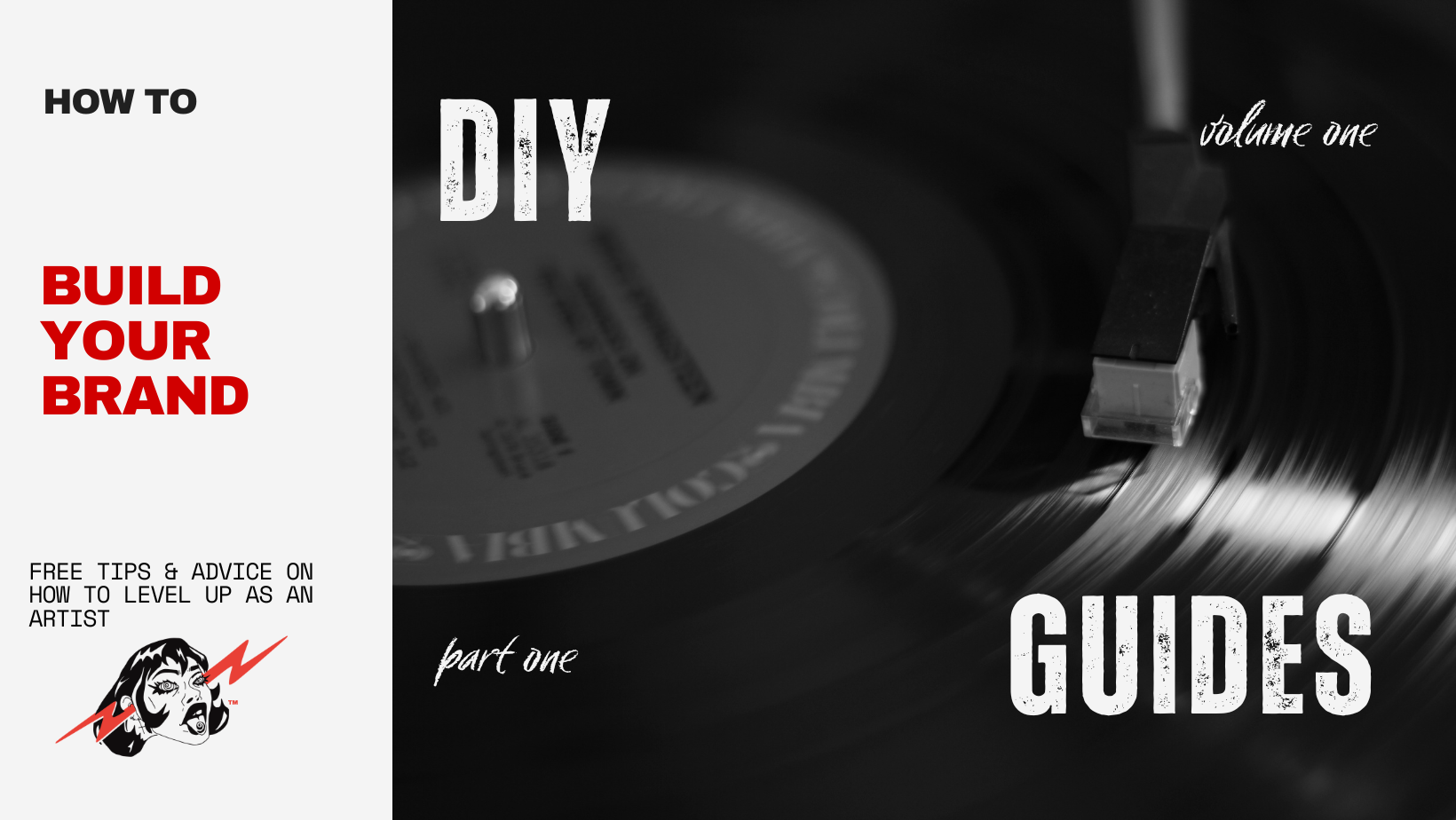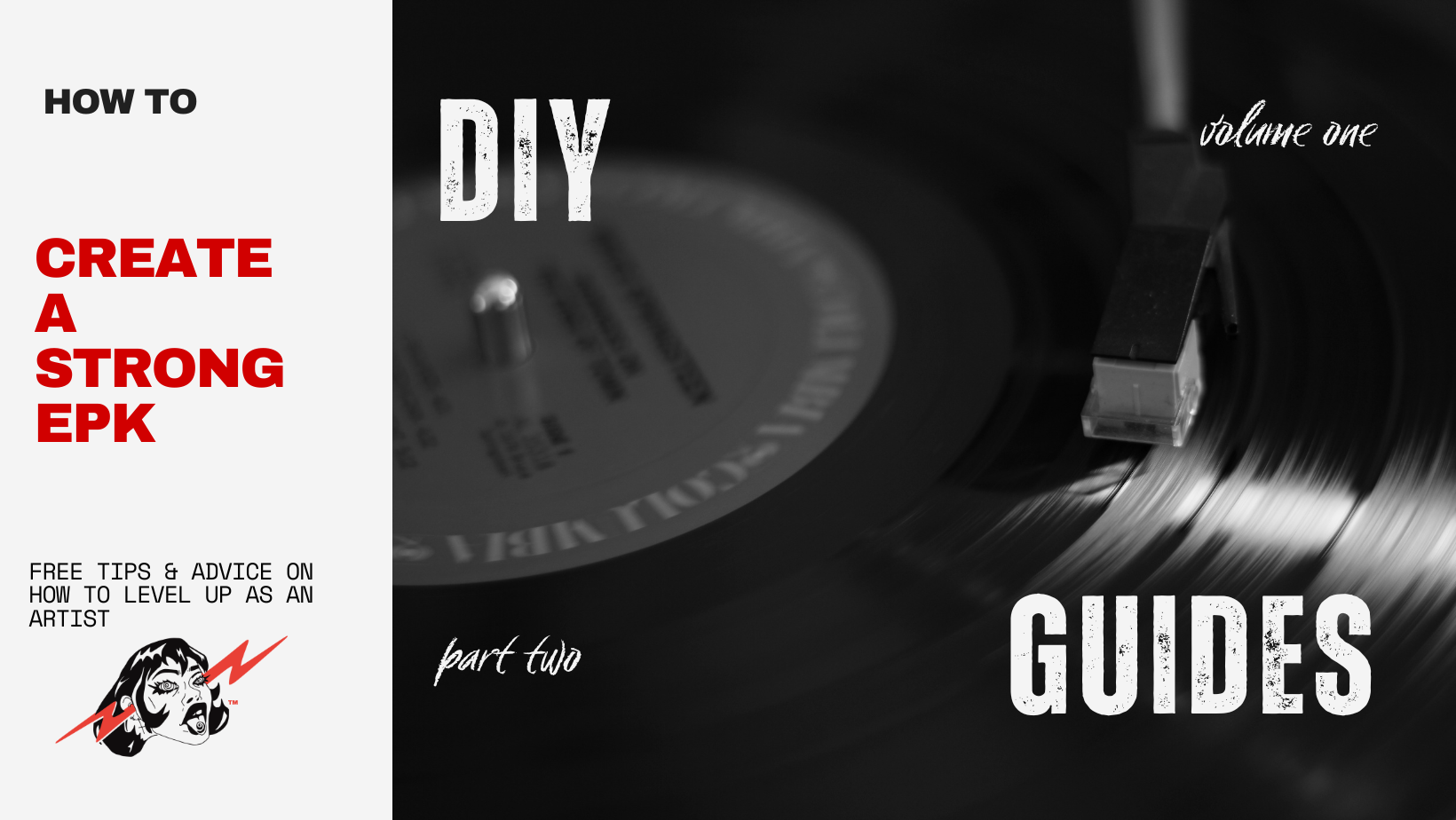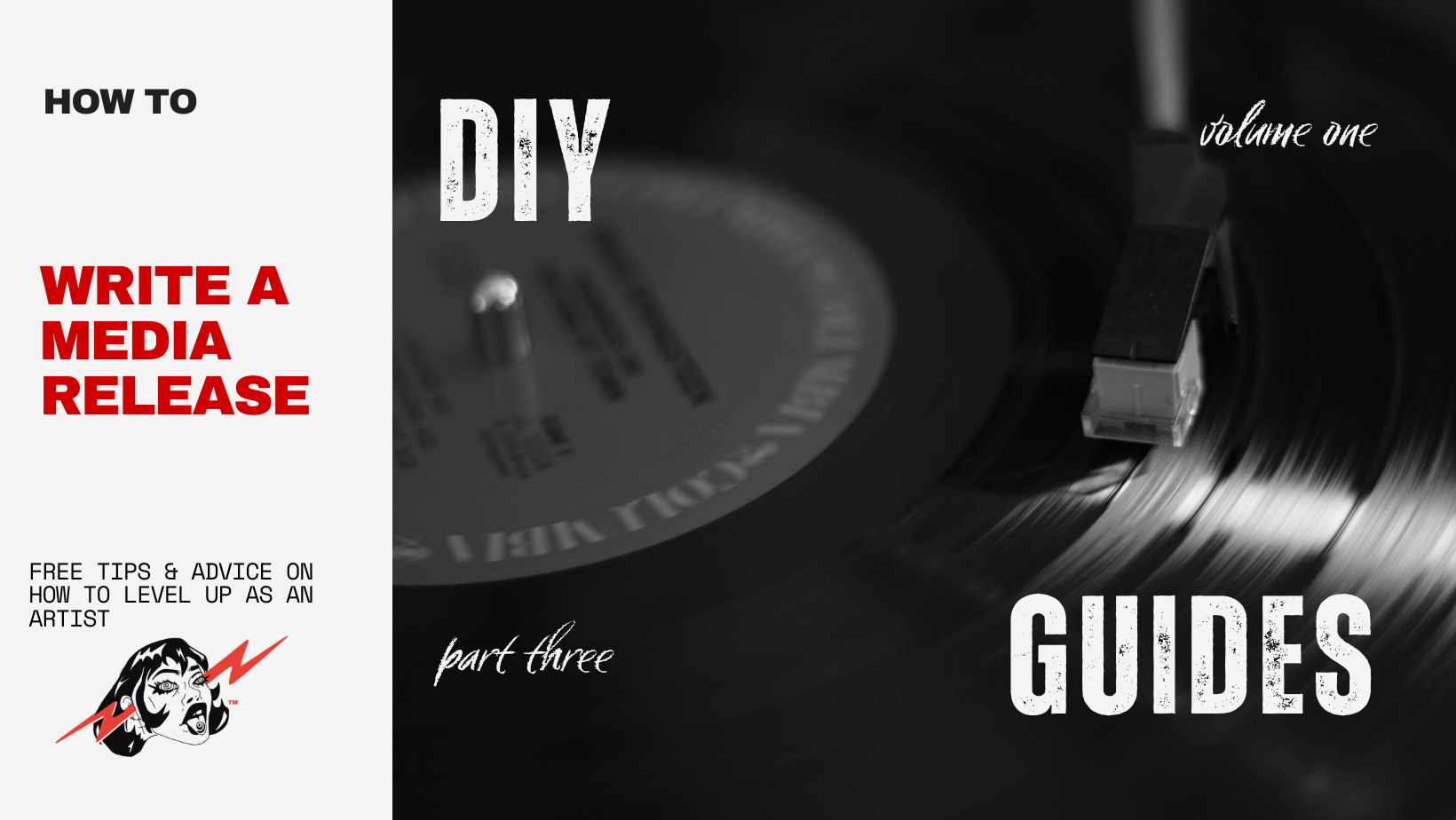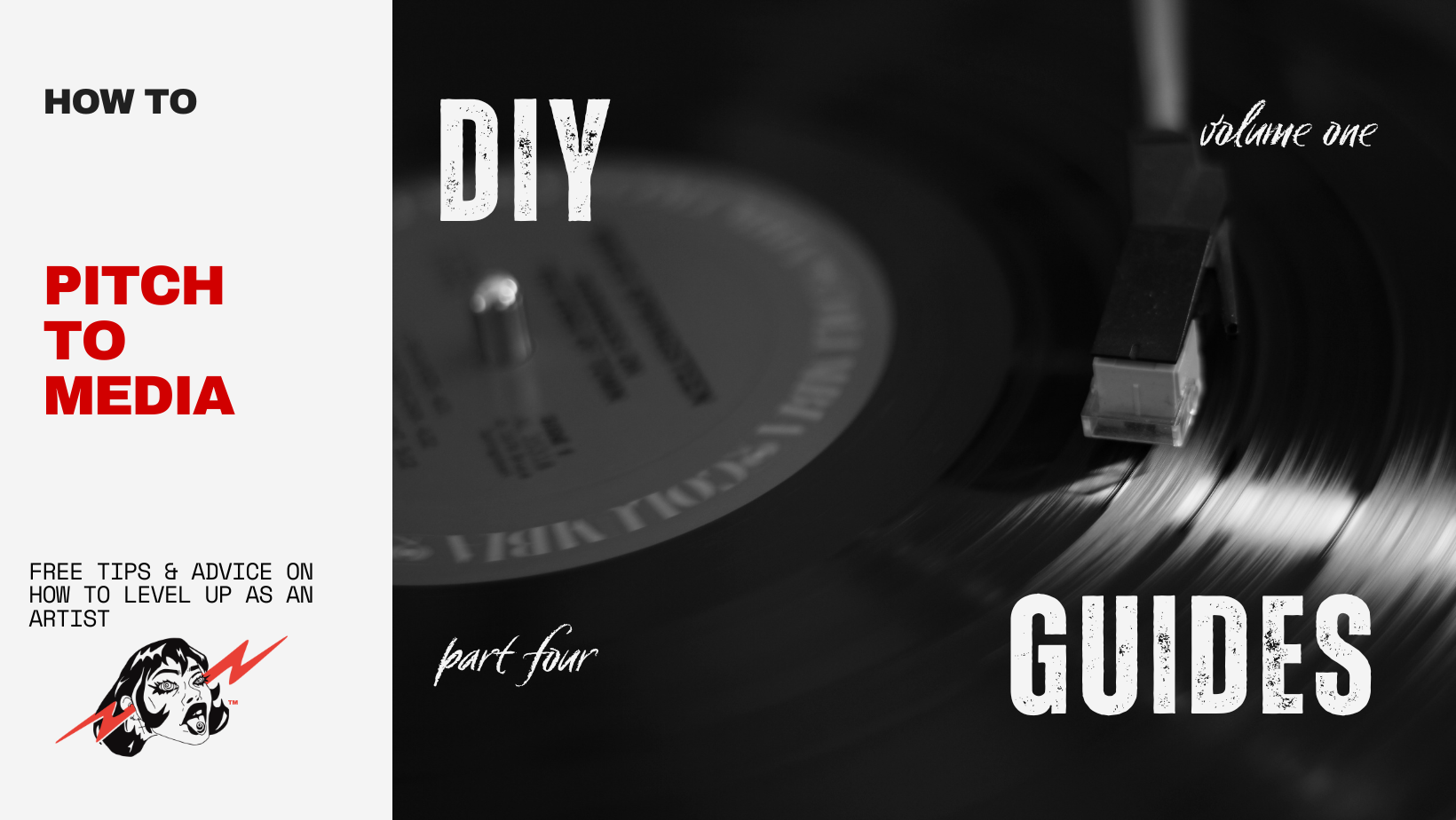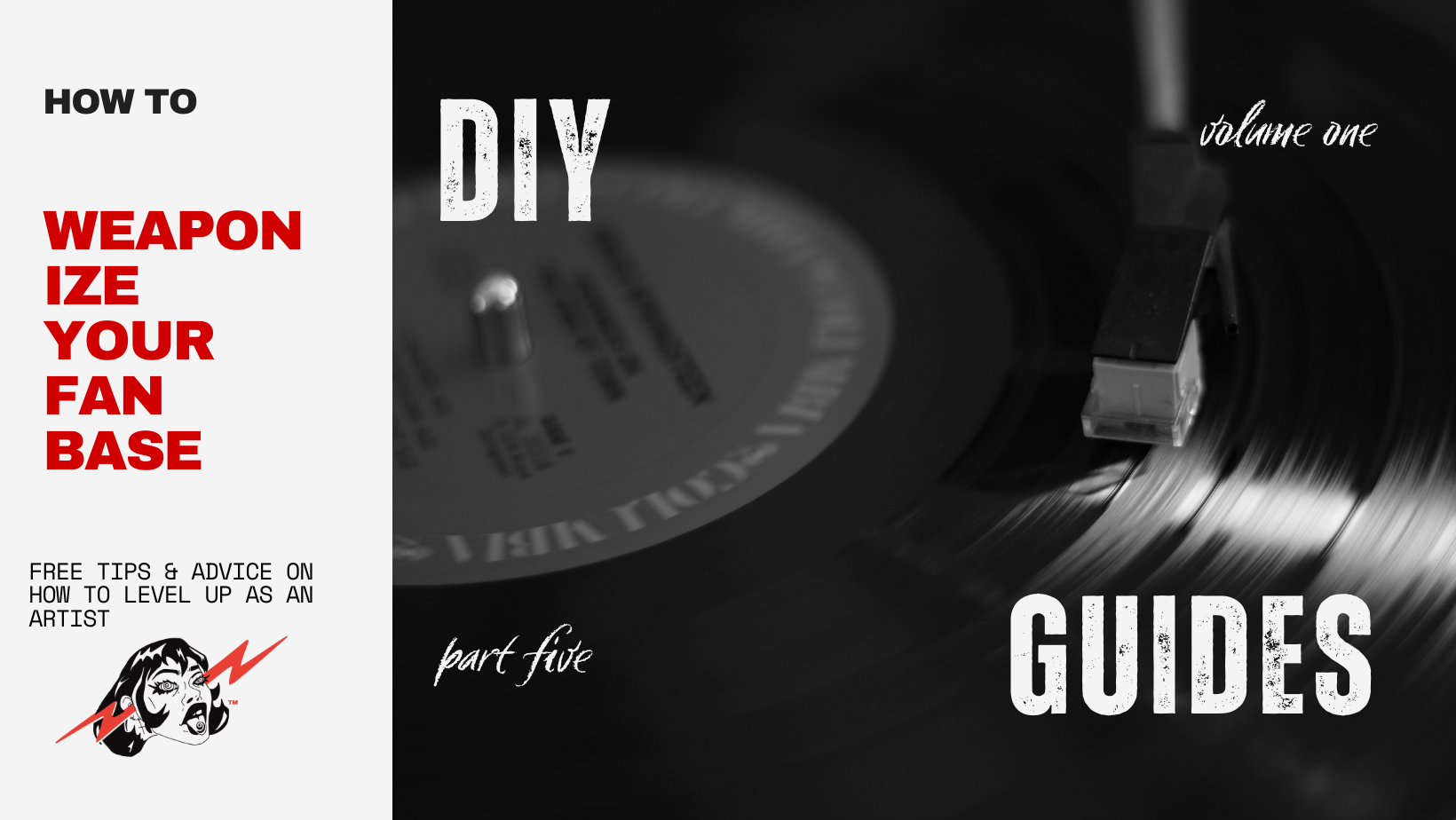In our conversation with vocalist and bassist, Eryka Fir of Coma Hole, she unveils how Hand Of Severance transforms personal struggles into musical mastery. From exploring the transition from personal introspection to broader emotional themes, to the challenge of balancing vulnerability with mystery, Eryka offers a glimpse into her and the band’s creative process and candidly reflects on the impact of life changes and her collaboration with drummer Steve Anderson.
ATN: Hand Of Severance seems to explore the cycles of rage and numbness. How do you envision the role of music in helping someone navigate these intense emotional states, and what do you hope listeners will take away from these musical experiences?
ERYKA: My draw to music has always been super visceral. It can be physically and emotionally cathartic and most of my life I needed that kind of outlet- a way to process emotions I didn’t understand or felt I couldn’t talk about directly to someone. Creating art in any form helps me release that negative energy and with anything I create, I just always hope it can help inspire or comfort people the way music has done for me my entire life.
ATN: In creating the transition from your self-titled debut to Hand Of Severance, you mentioned a stark contrast in emotional themes. Can you dive deeper into how the shift from personal introspection to broader interpersonal themes influenced your creative process and musical choices?
ERYKA: I’ve always been a pretty internal person in terms of taking the blame for why I’m experiencing something. The first record was me dealing with all my negative self-talk and expressing the way I’d look down on myself-it was a lot more long-winded and somber at times. Once that record came out though, a whole lot of changes happened in my life and there was a lot of confusion and pent up emotion that ultimately bubbled over and turned to aggression. It wasn’t entirely intentional, but all the songs written in this period of time I just wanted to be blunt and to the point about being pissed off and fed up with myself and the types of people I had surrounded myself with. Shorter songs, more brooding and angst filled.
ATN: The use of haunting vocal layers and estranged speaking voices in your music is intriguing. How do these elements serve as a reflection of the subconscious mind in your work, and what were the creative challenges in integrating them into your sound?
ERYKA: Deep down I’m a chorus and theater nerd so harmonies have always been a huge part of all my music. I also am a huge Alice in Chains fan so that certainly has also had a hand in molding how I come up with them. The voice is an instrument itself and I think that can often be overlooked, so while sometimes I write melodies with a specific intention, other times it’s just for the sake of adding something expressive that isn’t strings, keys or percussion. A lot of the themes I write about tend to discuss being confused by my own thoughts, and overlapping them adds to the effect of “voices in your head” all telling you to do something different.
ATN: Your music oscillates between dissociative and intensely distorted sounds. How do you balance these contrasting elements to create a cohesive narrative throughout the album, and what role does this sonic dichotomy play in expressing the psychological journey you’re depicting?
ERYKA: As I sort of previously mentioned, all of these songs were sort of written across this one period of time and it wasn’t all intentional that they “fit” together. But after listening to them I noticed a common thread and tried to arrange them in a way where they had a flow of telling that story. There were a lot of afterthoughts and things added in the studio which I think only furthered enhanced their ability to get those feelings across, but to be honest with each song I just sort of went with what felt right when integrating those spacier bits. Maybe it’s because naturally I’m just insane and my hands translate that into music but I just rolled with where my emotions would take it.
ATN: Given the deep, introspective nature of your lyrics, how do you handle the balance between personal vulnerability and maintaining a sense of mystery or artistic distance in your songwriting?
ERYKA: I really enjoy a lot of imagery and word play, but over the years I’ve definitely become less poetically mysterious about it. I think it’s okay to be direct at times because that’s what people relate to most and it also helps me feel more connected to what I’m singing. Sometimes you just gotta say things how you want and not what you think sounds the prettiest, but I try my best to do both.
ATN: As a duo, the dynamic between you must be crucial. How do you and Steve Anderson influence each other’s creative decisions, especially when crafting the complex layers of sound and emotion present in Hand Of Severance?
ERYKA: The way this project has been since its inception is I write all the structure on bass. There will be some back and forth, or if struggling with a transition or part I’ll open the floor for suggestions and we will iron it out from there until we both are jazzed on it. I usually have a pretty clear direction for the vibe of every song but sometimes he’ll hear it differently and play a rhythm that will take a part in a totally different direction and it can be great. For this record, I had all these bass parts written for the songs, and all guitar, vocal layers, and keys I had written in the studio and during the mastering process. I still ask for his opinions of everything though.
ATN: The concept of ‘severance’ in your album title suggests a break or detachment. Can you discuss any personal or artistic severances that influenced the creation of this album, and how those experiences are reflected in the music?
ERYKA: There were a lot of personal changes that happened which spurred the creation of these songs. I had just left a 6 year relationship, I had to move out and I lost my job of 5 years due to Covid. I was struggling emotionally, I got involved with someone who wasn’t good for me and my relationship with alcohol and substances grew out of control due to it. The songs kind of chronicle each of those events and they all talk about wanting to cut ties with the toxic aspects of all the situations I had gotten myself into.
ATN: You’ve shared the stage with several prominent acts in the psychedelic and doom genres. How have these live experiences shaped your approach to studio recordings, particularly in capturing the raw intensity and atmosphere of your live performances?
ERYKA: I’m really thankful for the opportunities we’ve had with getting to play with bigger acts and I’m always trying to take notes on how they perform (gear, stage presence, etc). It’s honestly just super inspiring and in this community it seems, for the most part, everyone is super friendly and supportive regardless of musical status. It just hypes me up and makes me want to continue pursuing it.
ATN: Looking ahead, how do you foresee the evolution of Coma Hole’s sound? Are there particular themes or musical directions you’re excited to explore in future projects, especially in relation to the psychological and emotional landscapes you’re known for?
ERYKA: I think it can only improve. Being consistent is important, and I’m always experimenting with new sounds. I tend to write very emotionally, so I can’t really say I have a specific direction I can see the project going in. Just going to keep hustling and developing on the feelings as they come. There will definitely be more music though in the future and I’m excited to see what it will be.
SAME 3 QUESTIONS WE ALWAYS ASK
ATN: Artist / band that you feel is the most underrated and why?
ERYKA: Royal Thunder. They’re pretty well known but I don’t think they’re talked about enough. Miny Parsonz’s voice is absolutely insane and the amount of emotional charge they pack in their music is incredibly inspiring. I aspire to be able to express myself to that capacity through music.
ATN: Artist / band that you would like to collaborate with and why?
ERYKA: For the band, collaborating with other women within the stoner metal/rock/doom community would be awesome, like Royal Thunder or Hippie Death Cult. But on a personal level, collaborating with Jerry Cantrell would be a dream.
ATN: Artist / band that you would like to tour with and why?
ERYKA: In a fantasy world, touring with Alice in Chains or QOTSA would be my top picks because they influence me on a monumental level. As a duo, I would absolutely love to tour with Death From Above 1979. They are so energetic and write so creatively, I’d love to share stages with them.

